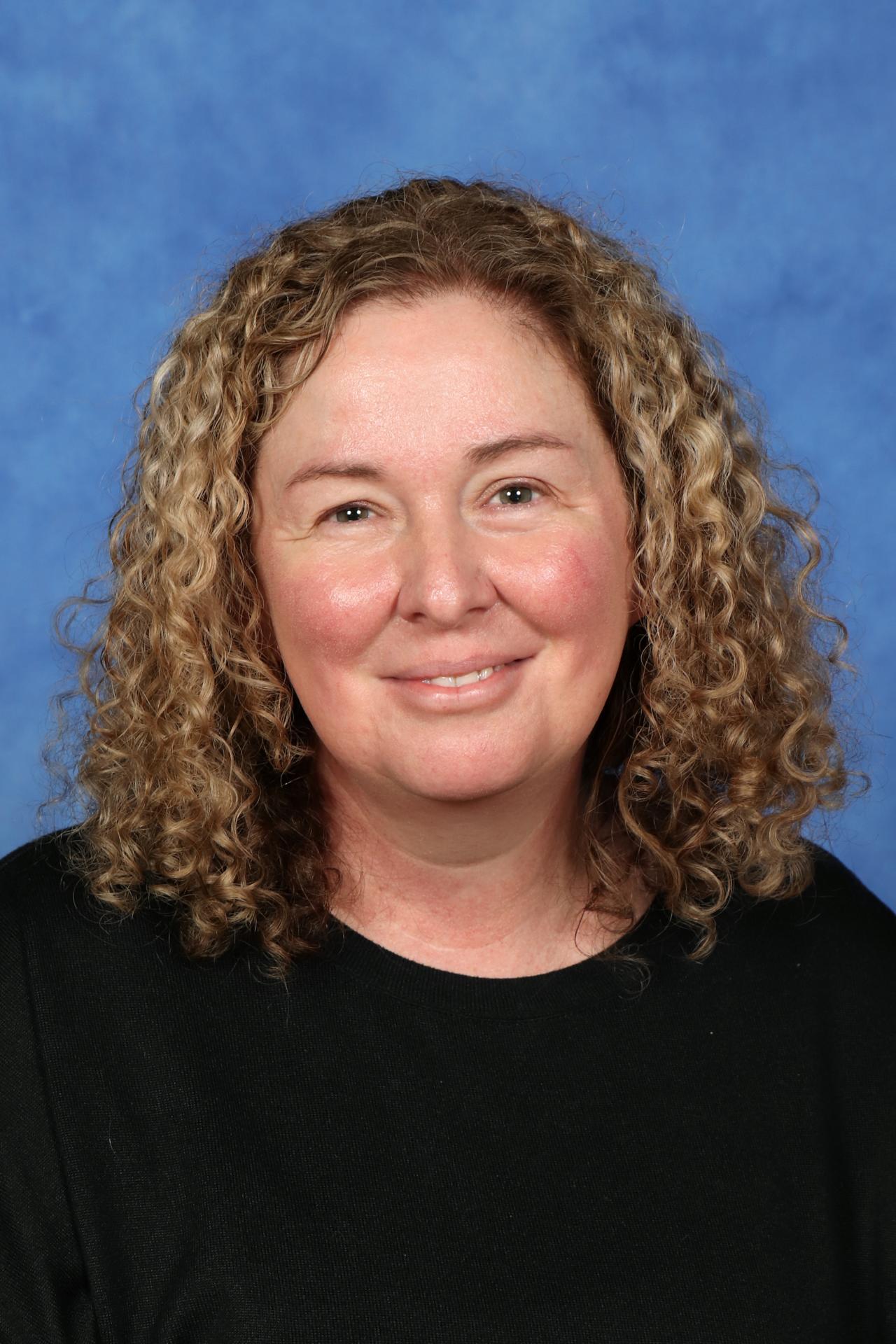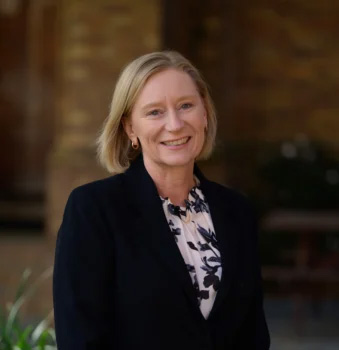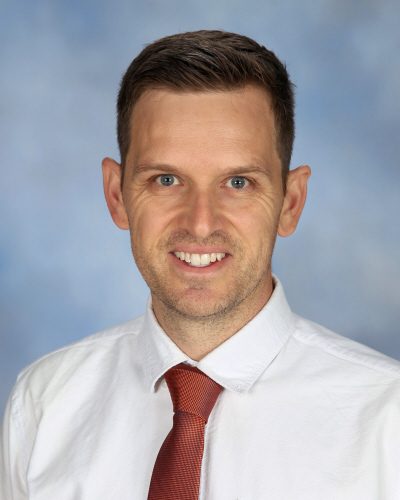AISNSW is dedicated to celebrating the incredible teachers who work in Independent schools across the state. This term we're highlighting Kristy Howard, Deborah Williams and James Esson.
Kirsty Howard, St Gabriel’s School
Kirsty Howard is a Kindergarten teacher at St Gabriel’s School in Castle Hill, where David Cook started as Principal 12 months ago. Over this time, David has come to see the strengths in Kirsty’s teaching, and the positive difference she makes in the lives of the students in her class and their families. He regularly sees her passion for teaching students with special needs, something Kirsty herself identifies as the foundation of all she does. Her own formative experiences in high school emphasised the power of a learning community, where having teachers who believed in your capability and capacity to succeed helped create in her a lifelong passion for learning. Kirsty now seeks to instill this in her students as they start their own pathway through school.
Kirsty feels her role is a privileged one. She helps her students settle into school and build essential learning to learn skills, foundational to their growth as independent, resilient students. Acknowledging that success varies for each student, Kirsty leverages her experience with special needs students, from early intervention to post-school stages, to assist her current students in achieving their potential. She celebrates their hard-earned successes, which, though often small, are always significant and impactful. David feels the safe, supportive learning environment Kirsty has established in her classroom for the students is a crucial factor in their happiness at school. For him, it is her capacity to differentiate across the range of needs in her classroom that helps each learner achieve to the level of their capability in a well-structured environment that helps each student. As a consequence, their family feel confident and comfortable, making school an enjoyable experience for all of them.
Seeing organisation as the key to effectiveness, Kirsty also feels that one of the greatest ways any teacher can learn is from classroom experiences. For her, the most powerful professional learning she has comes from her interactions with her students. Her advice to young practitioners is to seek out a colleague who can be a mentor, a professional friend, to always keep asking questions and have a clear sense of why they are in the classroom. For Kirsty, it is these things that allow her to be authentic and present in all she does, and for David it is a great part of the secret of her success in and out of the classroom.

Deborah Williams, Trinity Grammar School
Deborah Williams, Deputy Headmaster – Academic at Trinity Grammar School, developed a love of literature from an early age. She was taken by the idea of being able to share this love with her students as an English teacher. During a formative practicum placement. She was drawn to the nexus between teaching and learning whilst working with Paul Burgis. The deep connection between the processes involved in teaching, how something is taught, and how students learn is what inspires her. For Deborah, this elevated teaching beyond content and subject knowledge. It became the art of embracing pedagogy and fostering learning communities—environments that provide her students with confidence in their capacity as learners, knowing they have the skills and knowledge to set and meet personal growth goals.
Colleague, Kimberley Pressick-Kilborn (Head of Research and Professional Growth) sees this strong focus on student engagement and the academic care of those learners as well as the staff that cement Deborah’s position as a role model and mentor. Working across four campuses, Deborah ensures structures are in place to keep students at the centre of all conversations not just in relation to academic challenges, goals and growth, but also the correlating impacts on wellbeing.
For Deborah, it is essential that young educators understand the reciprocal relationship between wellbeing and learning, as well as the impact of a culture of high expectations and systemic support for students. This ensures that students and their wellbeing are not overshadowed by the focus on results, particularly in the final years of school.
Kimberley sees Deborah’s impact on the Trinity Grammar School community daily. This is evident in her endless curiosity about new ideas, her academic and pastoral leadership grounded in reflective practice, and the strength of the Teaching and Learning narrative she has built. These aspects reflect Deborah’s role as a learning designer—helping students of all ages become more capable of navigating challenges.

James Esson, Orange Anglican Grammar School
James, as a Chaplain and Teachers’ Aide, strives to connect people to place and purpose. Almost falling into a role as a Teachers’ Aide initially at St Lucy’s School in Wahroonga, he strove to integrate this part time position with his ongoing work in chaplaincy. It was his move to Orange Anglican Grammar School that cemented his commitment to both roles, where he found an immediate sense of community and belonging.
James has become an intrinsic part of the teaching and learning teams at Orange Anglican Grammar School, as well as the broader community of learners and families. It is this, and his humility, that strengthens his impact in and out of the classroom on the students he works with and his academic colleagues across the school according to Louise O’Reilly, the English Coordinator.
Louise works closely in partnership with James, especially in Stage 6 English, where he has had a profound impact on the students in the Standard English class. He is regarded as a role model for fellow Teachers’ Aides and plays a leading role in connecting with students' families. James values these relationships as the heart of all he does, building a sense of mutual respect and trust with the students, and professional support and partnership with the teachers. His hope is that they leave school knowing their own value and their place in the world outside of the classroom, being confident in their capacity to advocate for their own needs, desires, and values. He has endeavored to help students build confidence in their interactions with others through initiatives such as a board game club, and D&D/Warhammer playing groups. This encourages students to socially engage with those around in an environment that allows them to feel valued, heard and understood. He underpins this with additional support and more individualised support for students outside of the classroom through the Thrive Centre.
James's relational links to individuals, ties to the community, and connection to the school allow him to accompany students as they complete their education. Louise notes that James's collaboration with colleagues and students is central to his work, making him an essential part of the school community.
